Insights
Get expert insights into cough science, monitoring and research
Get expert insights into cough science, monitoring and research
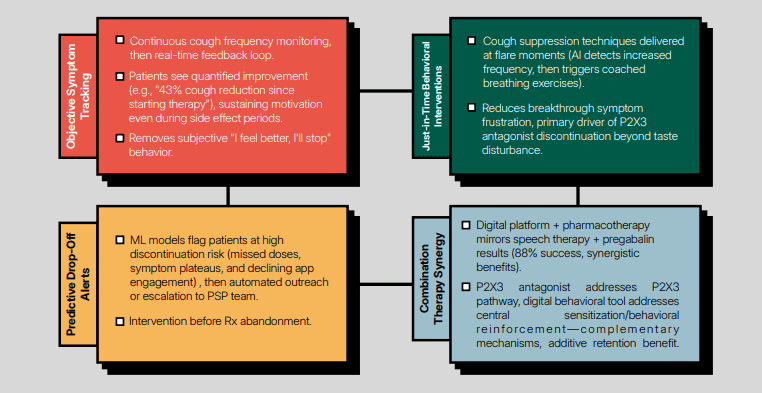
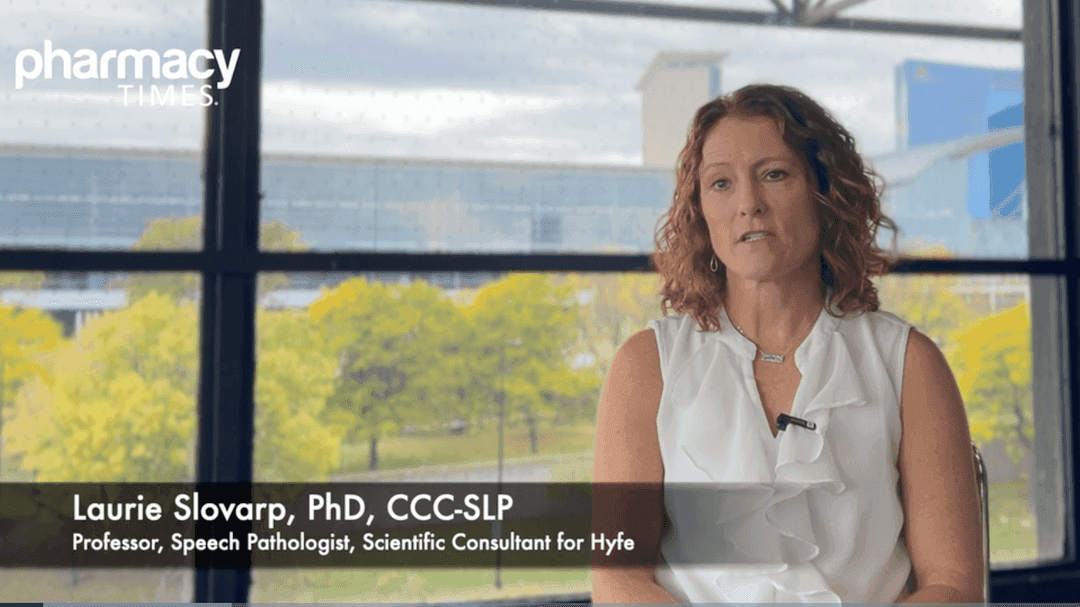
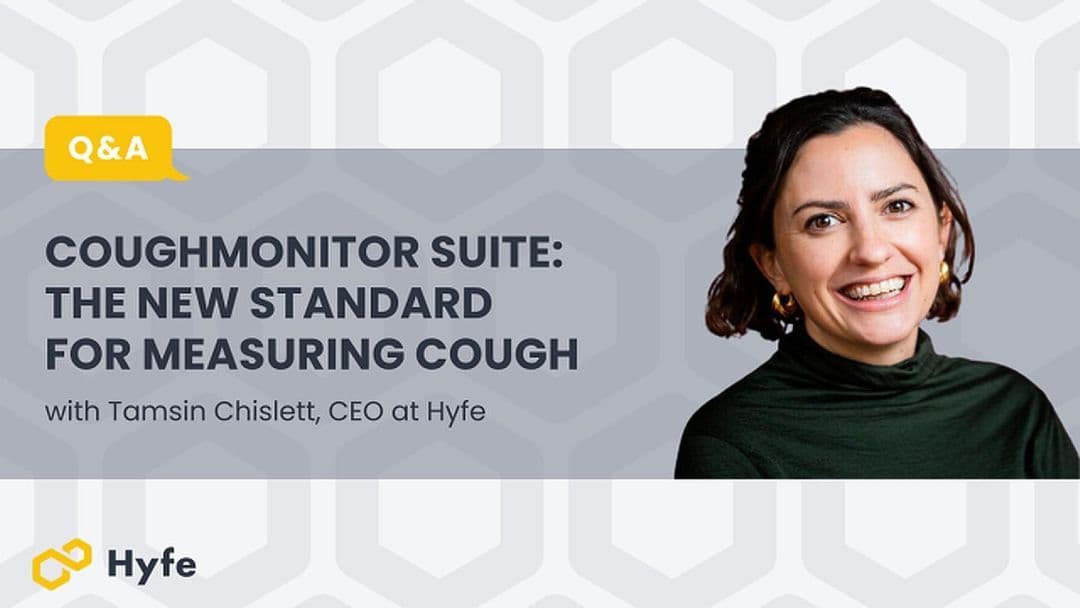


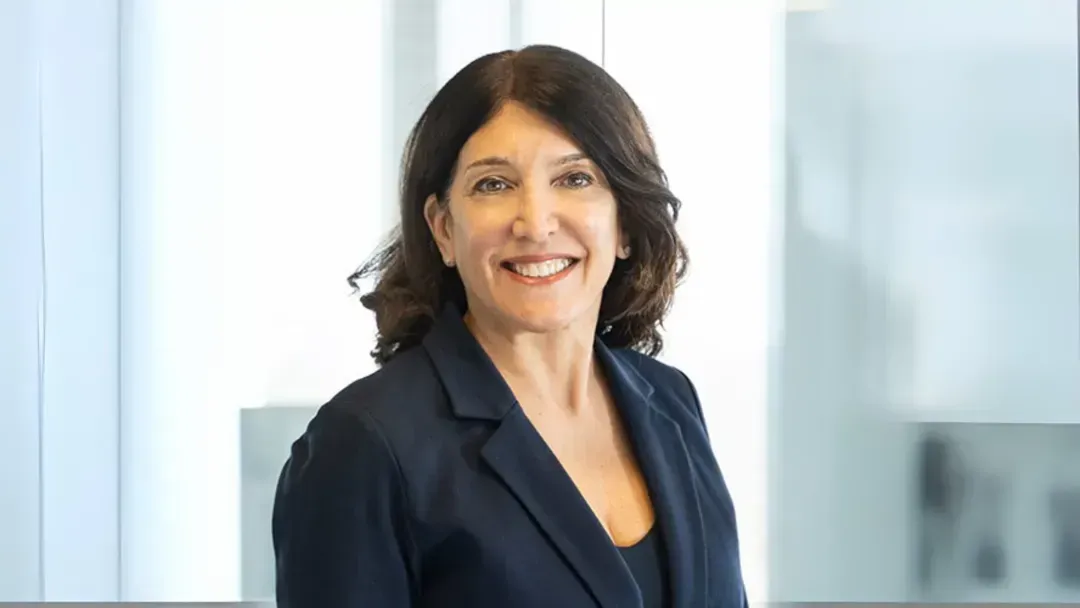

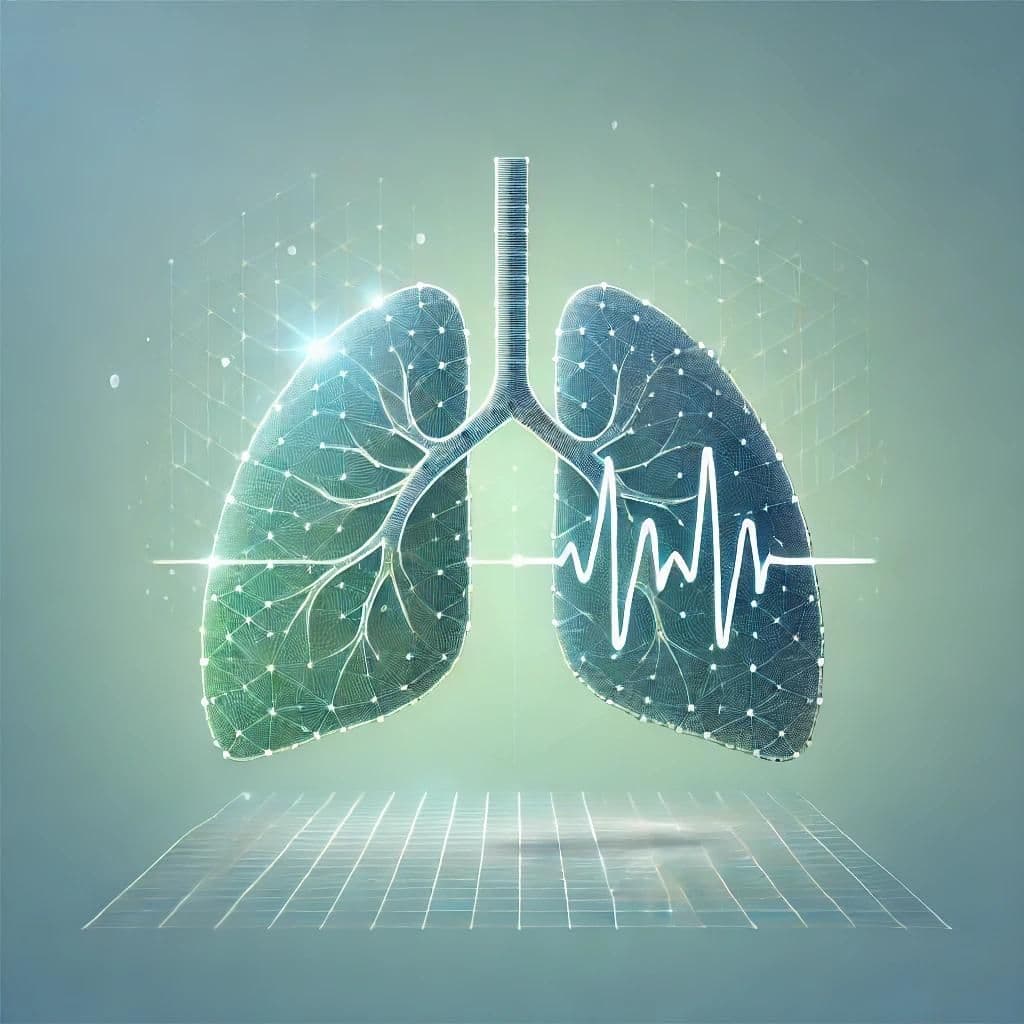
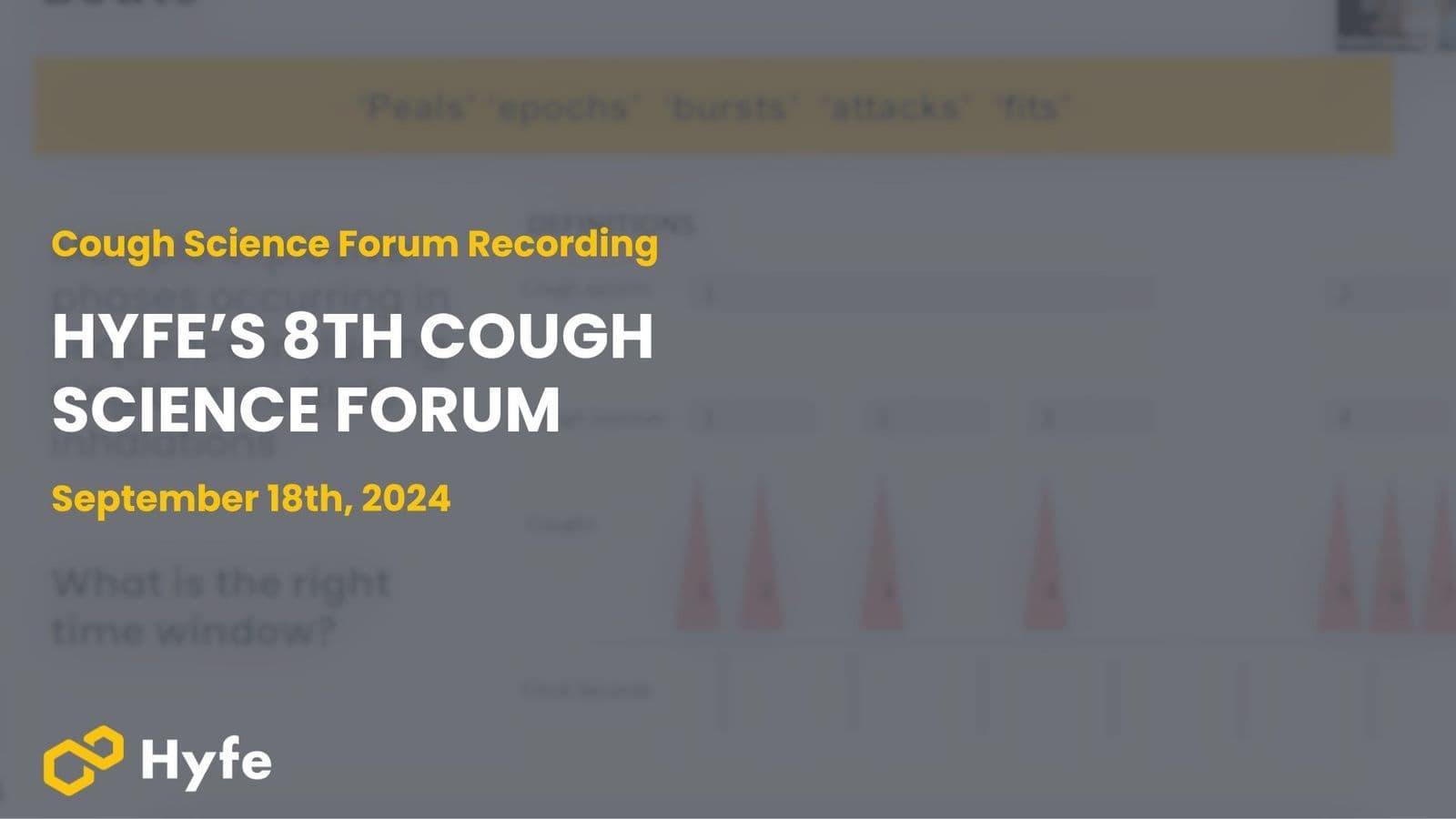


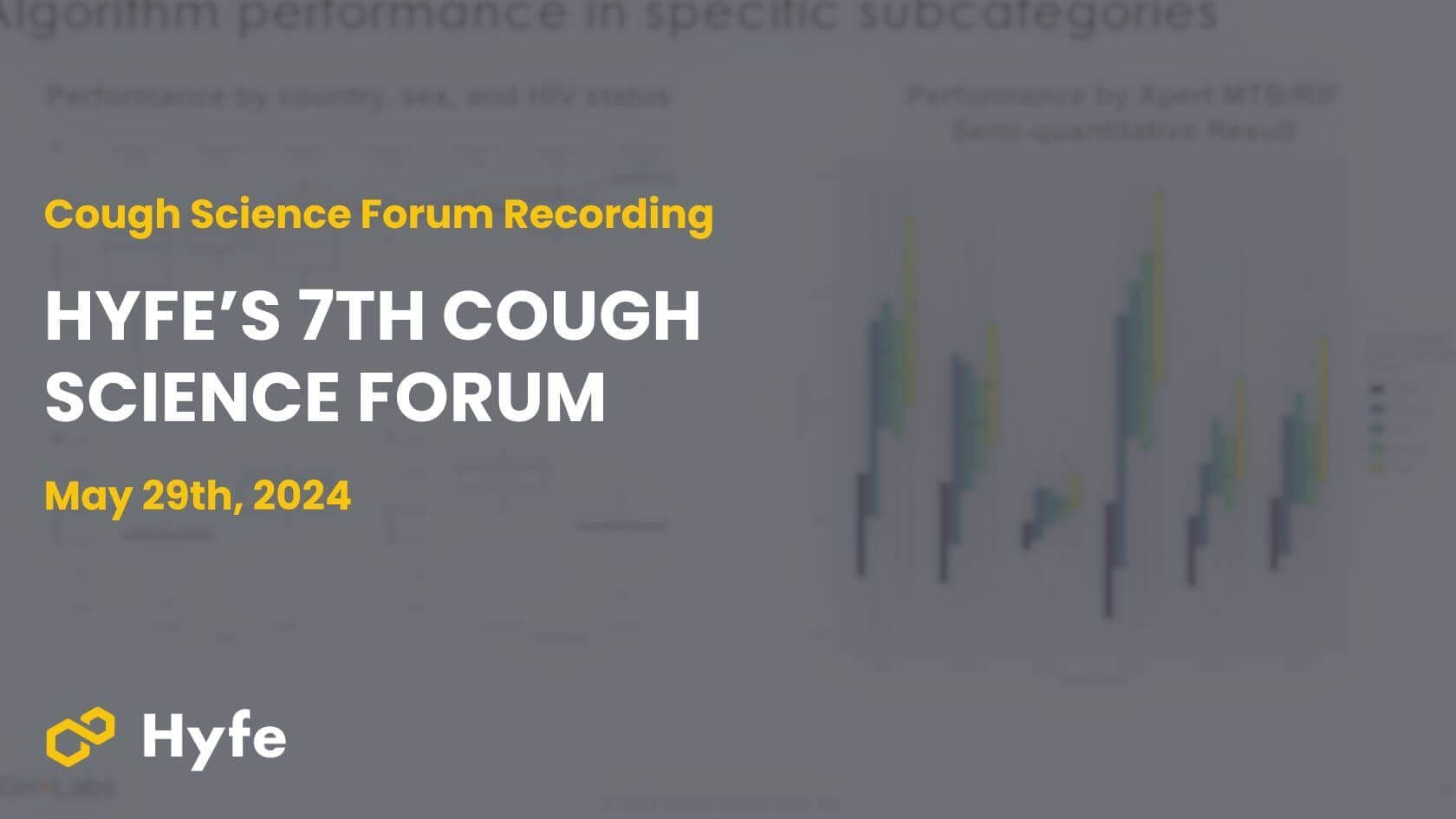
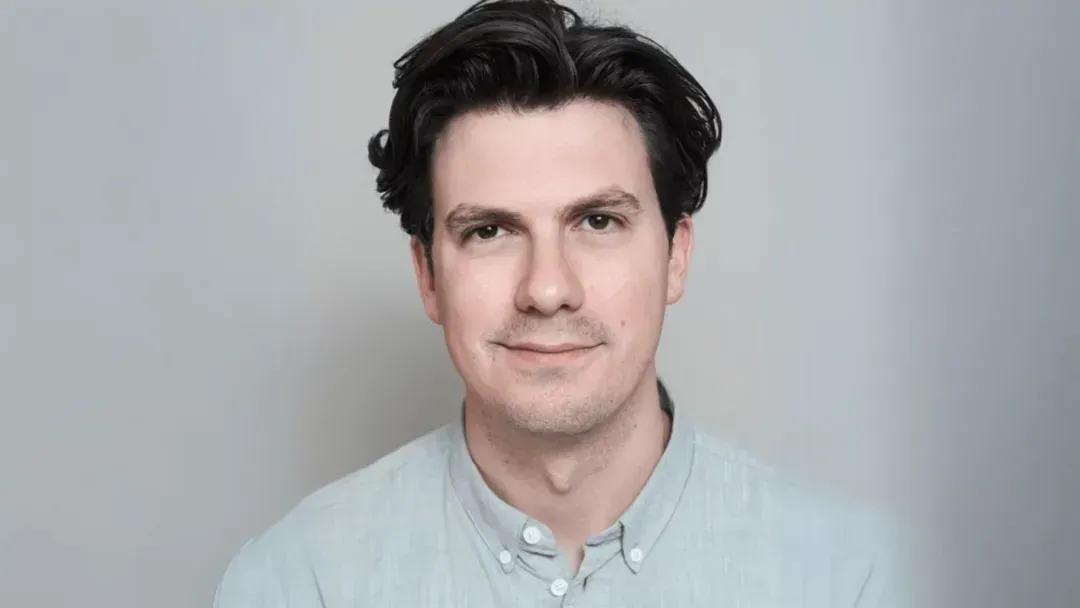
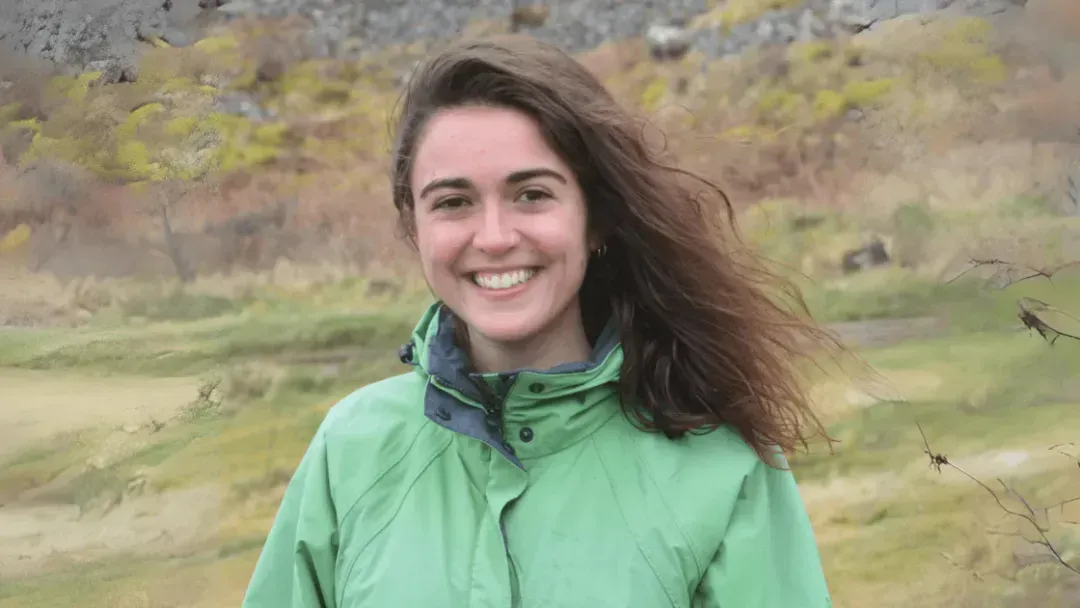

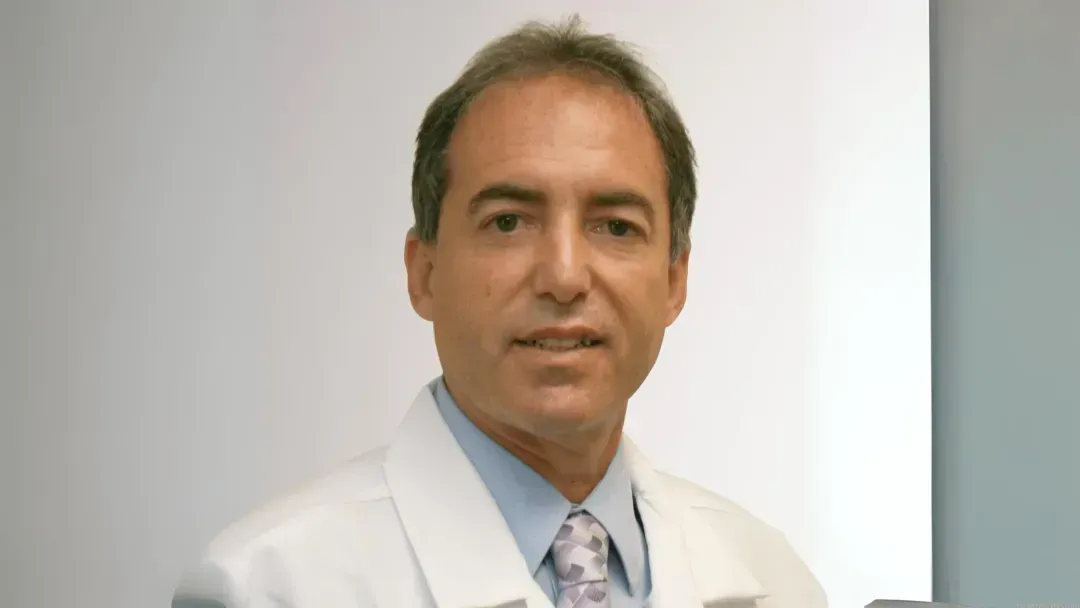
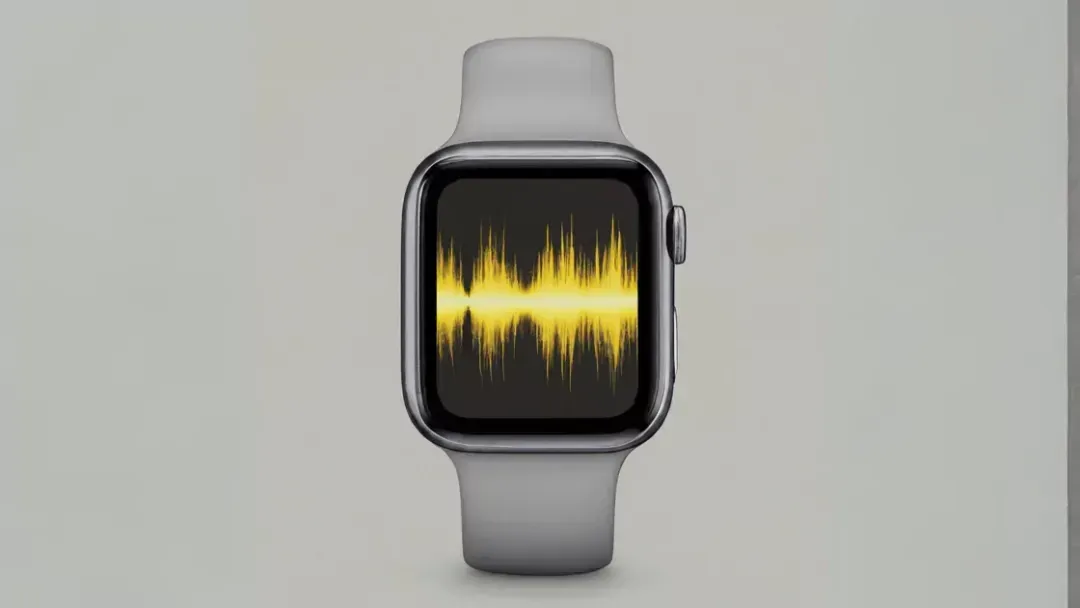
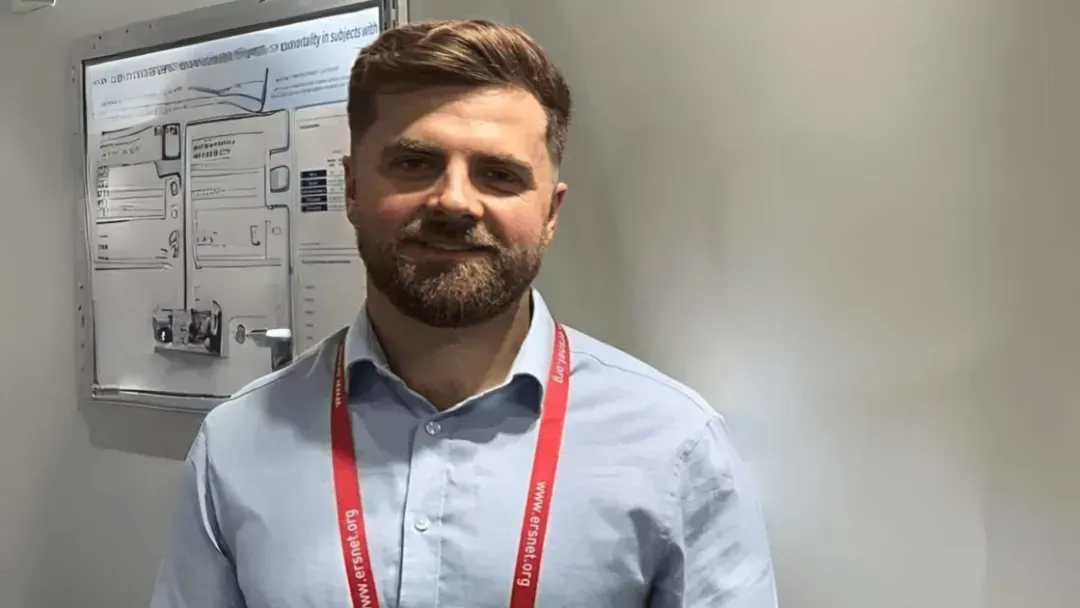
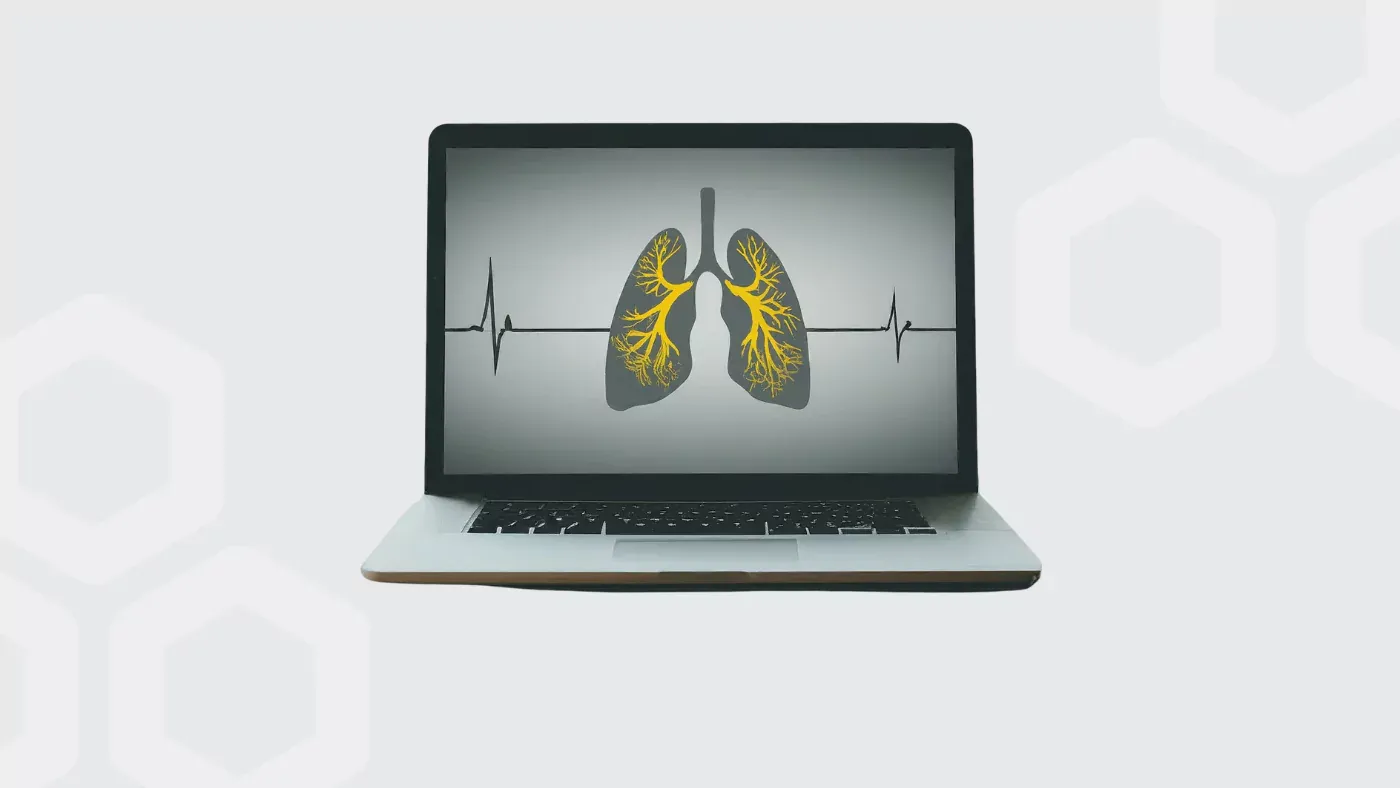
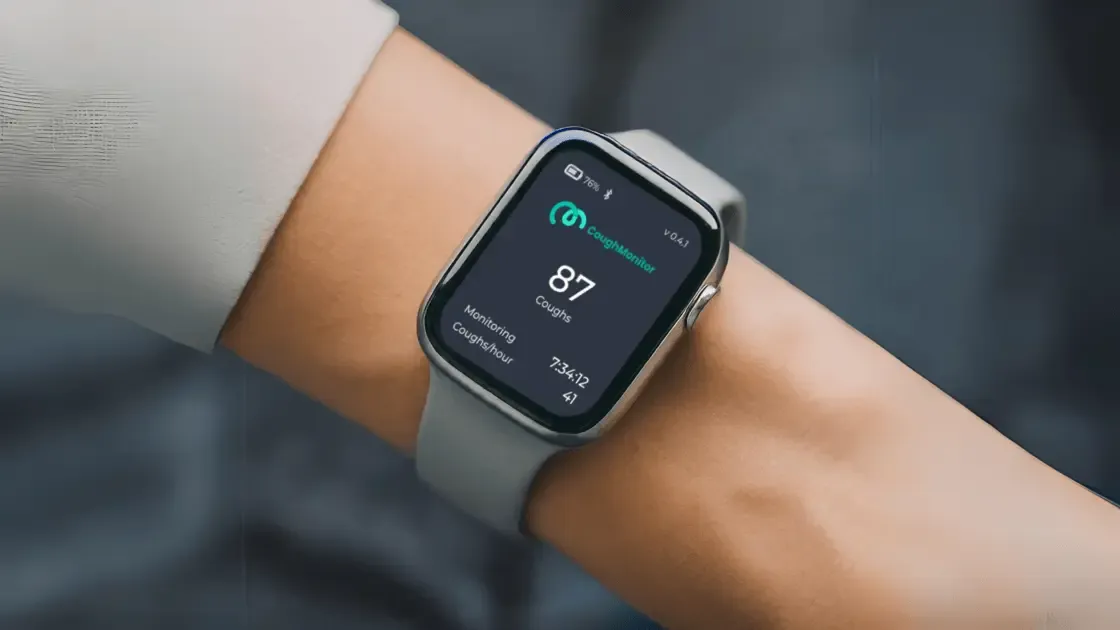

Dr Reynolds is an Assistant Professor and co-director of the Voice Outcomes and Inquiries in Cough and Essentials of Swallowing (VOICES) lab at University of Montana in Missoula, Montana, USA. Follow her on Instagram
I am an Assistant Professor and co-director of the Voice Outcomes and Inquiries in Cough and Essentials of Swallowing (VOICES) lab at University of Montana in Missoula, Montana, USA. As a Speech-Language Pathologist, I work clinically with patients living with chronic cough that has not responded to medical treatments (termed “refractory chronic cough” or RCC) and see first-hand the devastating impacts of RCC on quality of life. Many of my patients are embarrassed to go out in public, have difficulty communicating over the phone or for long periods of time without coughing, and experience incontinence, social isolation, and depression all stemming from their cough.
Speech-Language Pathologists specializing in treating disorders of the larynx provide a treatment called “behavioral cough suppression therapy” (BCST) that is very effective at treating RCC. Patients who receive BCST gain education about the cough reflex and learn techniques to suppress the “urge to cough.” When done consistently to prevent coughing, cough suppression ultimately helps get rid of the cough. When I started providing BCST and saw the incredible results my patients experienced from this fast-acting, non-pharmacologic, no-risk, low-cost treatment, this inspired me to want to answer questions about how BCST works and to innovate the therapy to reach more people. My passion for cough research has also been inspired by my mentor and colleague, Dr. Laurie Slovarp, who is one of the premier BCST researchers in the world.
We are conducting a randomized, sham-treatment controlled trial evaluating the efficacy of Internet-BCST (iBCST). This involves patients learning to do BCST on their own using web-based modules.
Most cough treatment research relies on self-reported questionnaires and while these provide valuable information, pairing these measures with cough frequency monitoring helps to tell a richer story about treatment response. In the trial, we are using the CoughMonitor to track cough continuously for six weeks which will help us make detailed comparisons of cough frequency before, during, and after treatment. In the clinic, patients like being able to download the CoughPro app to track their cough and help them look for trends or patterns and to use this information to get better at cough suppression.
We hypothesize that patients who complete iBCST will see a meaningful reduction in cough-related quality-of-life impairment, cough severity, and hourly cough rates. We know BCST works when done in-person or via telehealth with a clinician, so with very similar ingredients in iBCST, we predict patients will get good results.
iBCST is a treatment for anyone with RCC but it may appeal most to people living in rural areas where they cannot otherwise access a clinician who provides BCST, or who want to receive treatment on their own schedule and convenience through their device.
Data collection is in progress so I can’t share any results yet, but we will get the word out about what we find at conferences and through publications as soon as we can.
I am conducting another study examining how distraction may change cough reflex sensitivity in patients with RCC and healthy controls. We hypothesize that it may be harder to distract away from the “urge to cough” if you have RCC because the brain processes information related to cough differently than in healthy people. If we find evidence of this, it may be one more piece of the puzzle in understanding RCC.
I am so excited about the possibility of harnessing cough monitoring and BCST together in the form of an app as this could take BCST to the next level of availability and usefulness for users.



